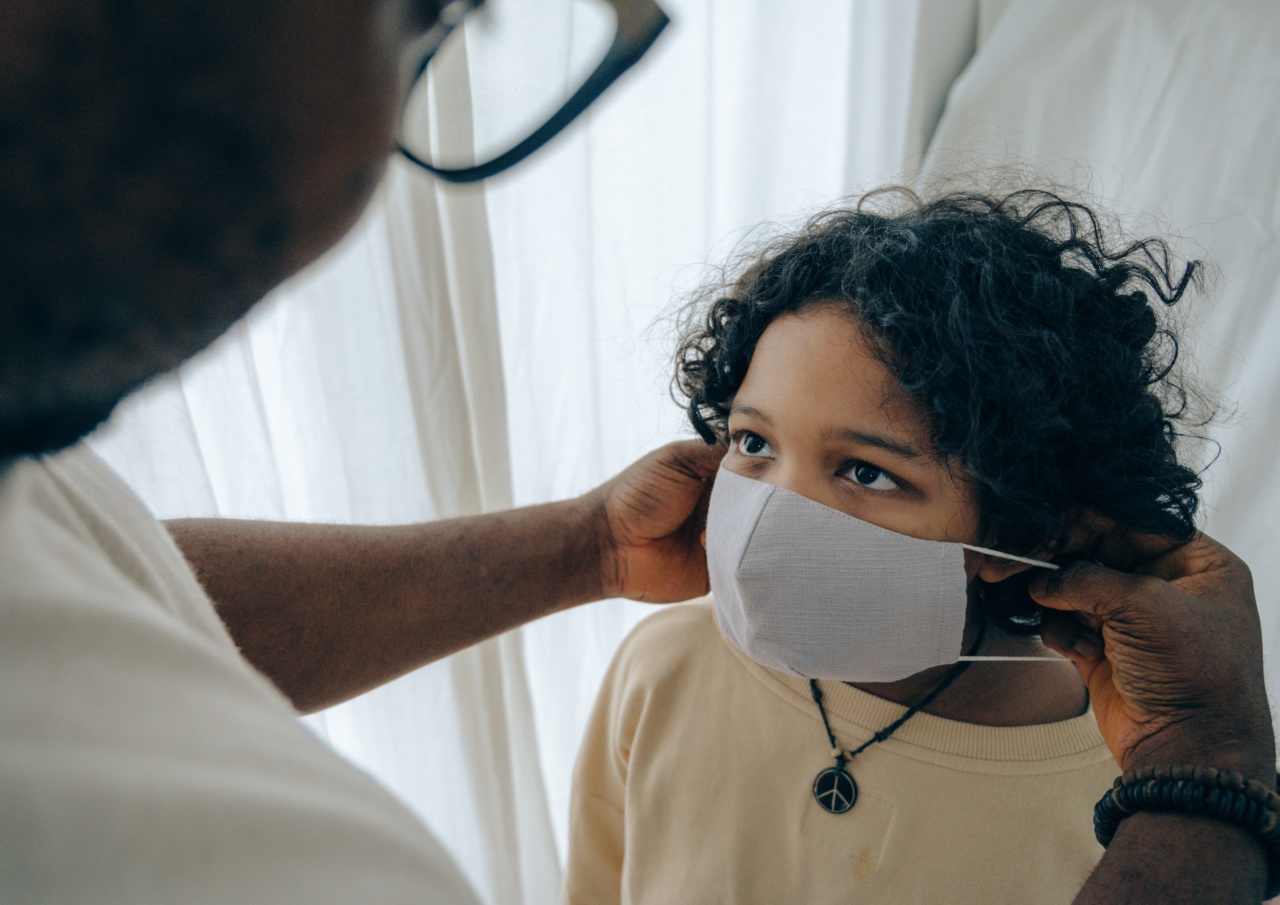It’s a scary thought, but it’s entirely possible that you could be carrying a disease inside you without even knowing it. In some cases, these conditions can go undetected for years, silently wreaking havoc on your body and mind.
This article will explore some of the most insidious diseases that could be lurking inside you right now and what you can do to protect yourself.
Cancer
Cancer is one of the most well-known and feared diseases out there, and for good reason. It’s estimated that more than 1.8 million new cases of cancer will be diagnosed in the United States in 2021 alone.
Unfortunately, many cancers don’t show any symptoms until they’ve advanced to a more dangerous stage.
Regular screenings are crucial for detecting cancer early, before it has a chance to spread. This is especially important if you have a family history of cancer, as many types of cancer are hereditary.
Heart Disease
Heart disease, or cardiovascular disease, is the leading cause of death worldwide. It encompasses a variety of conditions that affect the heart and blood vessels, including coronary artery disease, heart failure, and high blood pressure.
Unfortunately, many people don’t realize they have heart disease until they experience a heart attack or stroke.
Preventing heart disease requires a combination of lifestyle changes (such as quitting smoking and eating a heart-healthy diet) and regular check-ups with your doctor.
Your doctor can check your blood pressure, cholesterol levels, and other factors that contribute to heart disease.
Diabetes
Diabetes is a chronic condition in which your body either can’t produce insulin (a hormone that regulates blood sugar) or can’t use insulin effectively. This results in high blood sugar levels, which can damage organs and tissues over time.
Type 2 diabetes, which is more common, often develops slowly and may not cause any symptoms for years.
Preventing or managing diabetes involves maintaining a healthy weight, exercising regularly, and eating a balanced diet.
If you’re at high risk for diabetes (such as if you have a family history or are overweight), your doctor may recommend regular blood glucose screenings.
Depression and Anxiety
Mental health conditions such as depression and anxiety can be just as insidious as physical diseases. They often develop gradually and may not be noticed until they significantly impact your day-to-day life.
In some cases, people may not realize they’re suffering from a mental health condition at all.
If you’re experiencing symptoms such as persistent sadness, loss of interest in activities, or excessive worry or fear, it’s important to seek help from a mental health professional.
Treatment may involve therapy, medication, or a combination of both.
Sleep Apnea
Sleep apnea is a condition in which a person stops breathing for short periods of time while they’re sleeping. It can cause a variety of symptoms, including excessive daytime sleepiness, loud snoring, and morning headaches.
However, many people with sleep apnea may not be aware of their symptoms.
If you suspect you have sleep apnea, it’s important to speak with your doctor.
Treatment options may include lifestyle changes (such as losing weight and quitting smoking) or the use of a device called a continuous positive airway pressure (CPAP) machine.
Hepatitis C
Hepatitis C is a viral infection that can cause liver damage over time. It’s often spread through contact with infected blood (such as through sharing needles) or through unprotected sex.
Many people with hepatitis C don’t have any symptoms for years, but the infection can still cause long-term damage to the liver.
If you’re at risk for hepatitis C (such as if you’ve shared needles in the past), it’s important to get tested. Treatment may involve antiviral medication, lifestyle changes, and regular check-ups with your doctor.
Sexually Transmitted Infections
Sexually transmitted infections (STIs) are infections that are spread through sexual contact. Some of the most common STIs include chlamydia, gonorrhea, and herpes. Unfortunately, many people with STIs don’t experience any symptoms.
If you’re sexually active, it’s important to get regular STI screenings. This is especially important if you’re not using condoms or if you’re having sex with multiple partners.
Treatment for STIs varies depending on the type of infection, but may involve antibiotics or antiviral medication.
Conclusion
These are just a few examples of the many insidious diseases that could be lurking inside you right now. The key to protecting yourself is to stay informed and proactive about your health.
Make sure you’re getting regular check-ups with your doctor and following any recommendations for screenings or preventive care. And, if you’re experiencing any unusual symptoms, don’t hesitate to seek medical attention.


























